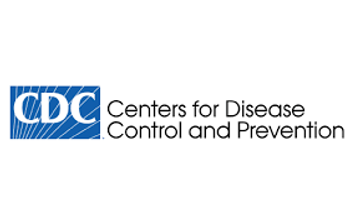
The most common adverse event was myocarditis, which was reported in nearly 500 patients. None of those patients had died as of the new analysis, and the rate per million cases was 3.5 cases.

The most common adverse event was myocarditis, which was reported in nearly 500 patients. None of those patients had died as of the new analysis, and the rate per million cases was 3.5 cases.

A new report based on wearable technology finds it takes an average of 79 days for patients’ resting heart rates to return to normal following COVID-19 infection.

A new report, based on data from dialysis centers, suggests the US is far from reaching so-called “herd immunity.”
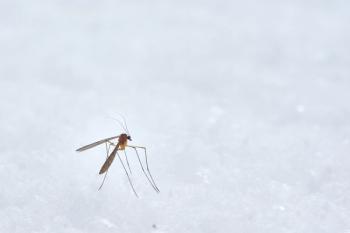
The number of deaths from malaria jumped by more than 100,000 in 2020 as antimalarial efforts were curtailed by the need to respond to the coronavirus disease 2019 pandemic.

A new report suggests a popular sepsis prediction model may not work as well as advertised. The investigator behind the study says there is a need to better understand the inner workings of this and other tools.

New data suggest countries with limited vaccine supplies may not need to immediately vaccinate all members of low-risk households.

A new report from a Qatari pilot program showed vaccines are highly effective against COVID-19, but they do not completely eliminate risk.
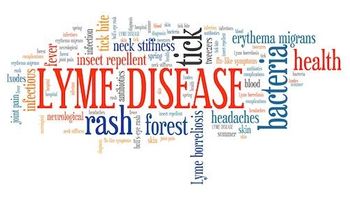
About 300,000 people get Lyme disease each year. A new investigational prophylactic could provide people in high-risk settings with an opportunity to prevent infection.
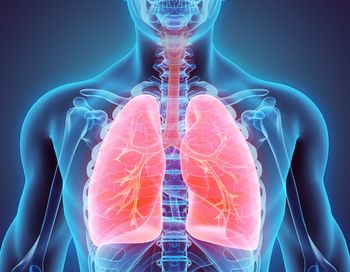
Patients who received the inhaled glucocorticoid budesonide in the first several days of COVID-19 symptoms were much less likely to require hospital care.
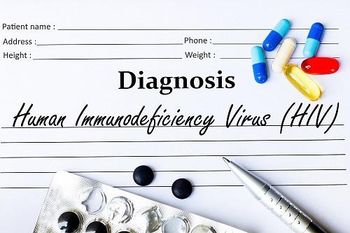
The new report highlights the broad disparities in HIV health among different populations, with Black transgender women facing the highest rates of HIV infection.

Overall, more than half a million more people died between March 2020 and the end of the year, suggesting the pandemic may have been indirectly involved in more deaths than previously realized.

The coronavirus disease 2019 pandemic hurt the bottom lines of airlines, as the public worried air travel would expose them to catching the virus. A new analysis suggests how airlines can best mitigate that risk.

Patients said they would be more likely to respond to public health messaging if it came from people they know.
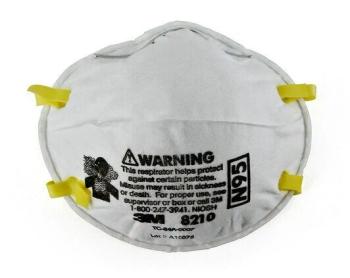
While most methods of sterilization are effective, efficacy can vary depending on the design of particular masks.

In addition to 7 people in 4 states who have become sick after eating queso fresco from a New Jersey-based company, the Food and Drug Administration (FDA) has published an updated warning.
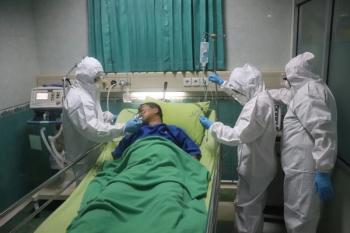
Notable differences exist between the 2 sedation agents, but those differences do not appear to impact outcomes.
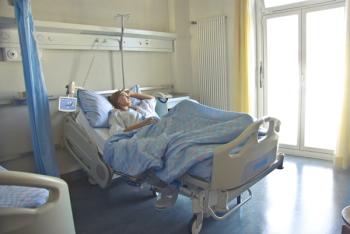
Preclinical evidence and observations have yielded mixed conclusions, but a new clinical study finds no negative effect to medication continuation.
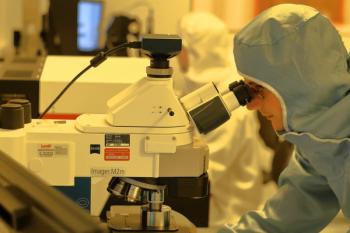
A study found patients with acute infection and those with viral rebound after antiretroviral therapy interruption had the highest viral resistance to type 1 interferons.
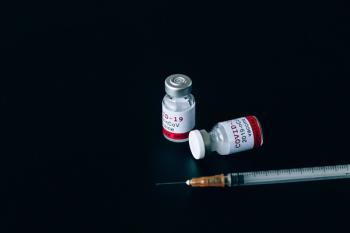
Newly published data shows just 0.6% of patients receiving the Moderna mRNA vaccine reported serious adverse events, a rate identical to that of the placebo group.
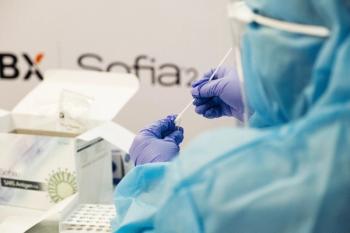
A new multicenter study confirms earlier findings that the panel performs well against the more time-intensive quantitative bacterial culture.

New research finds the rate of psychological distress among US adults remained more than 3 times higher than normal in the early months of the pandemic.

New reports show COVID-19 reinfection is possible, but other data suggest many patients will likely be protected from reinfection for many months, or even years.

Patients with rheumatic diseases do not appear to face heightened risk from COVID-19, even if they are taking immunosuppressant medications, new data indicates.
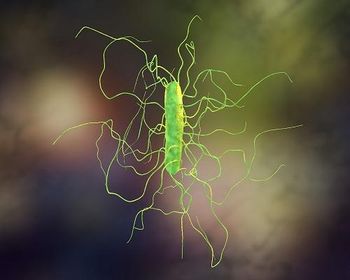
Investigators reported that 2 formulations of their C.diff vaccine produced injection site reaction that forced stoppage of the studies.

New 96-week data show dolutegravir-based regimens are non-inferior to efavirenz-based regimens, but the data also raise concerns about excessive weight gain.
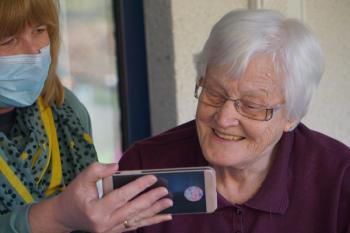
Patients who are at highest risk of progression to severe COVID-19 are older patients, those with comorbidities, and those living in nursing homes.
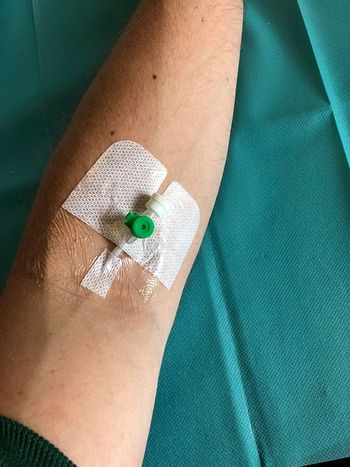
New research based on animal models suggests cocktails of ultrapotent antibodies might help protect patients against SARS-CoV-2.
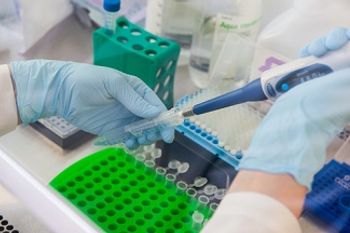
An estimated 450 million people suffer from hookworm infection each year, but a new study suggests it may soon be possible to vaccinate against the infection.

A new study that compared the results of a behavior intervention program for young adults living with HIV found outcomes were better when the intervention occurred in a clinic rather than at the patients’ homes.

A new study sought to quantify the impacts of various testing strategies. It found rapid testing and self-isolation were the most critical factors.